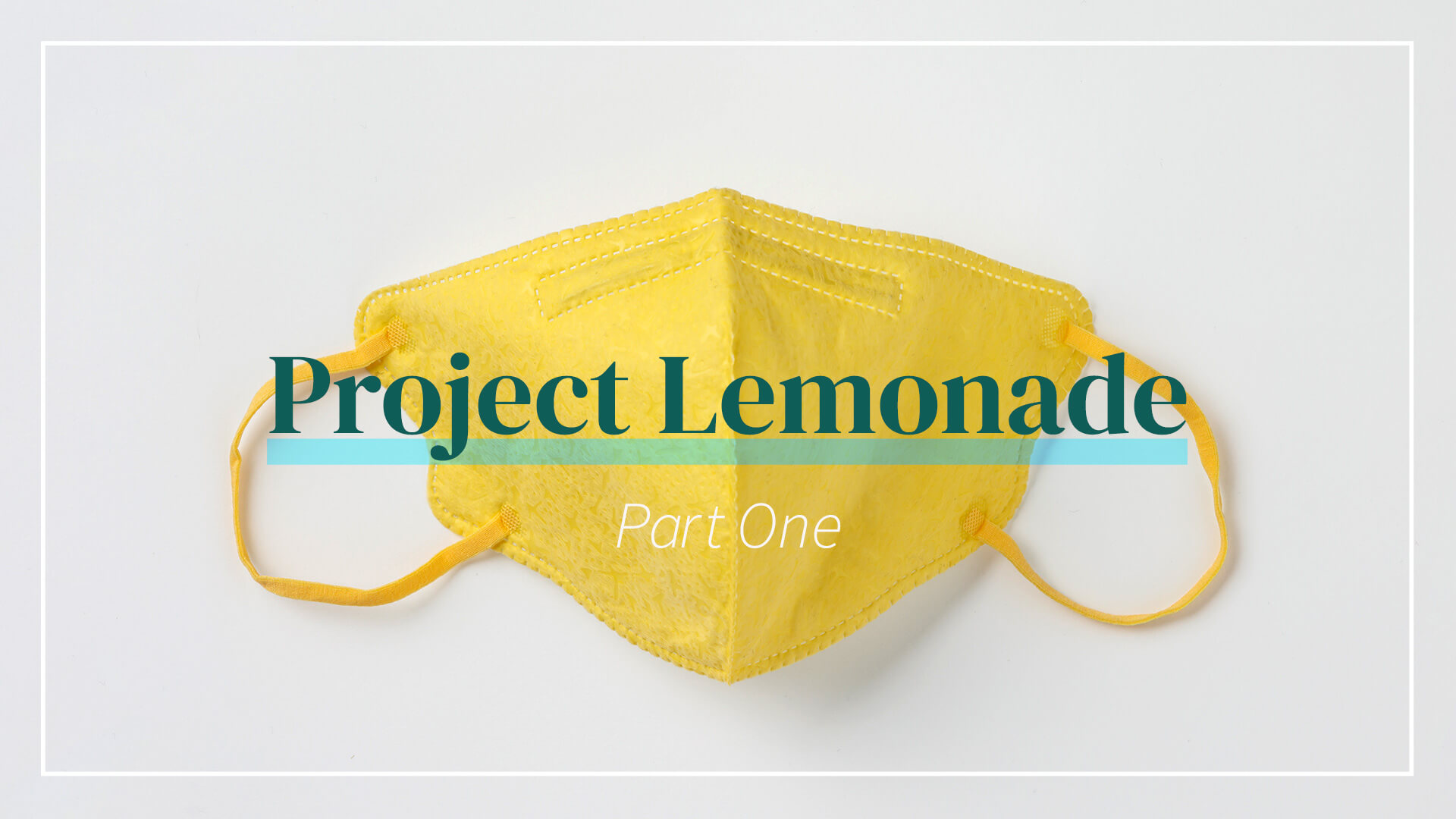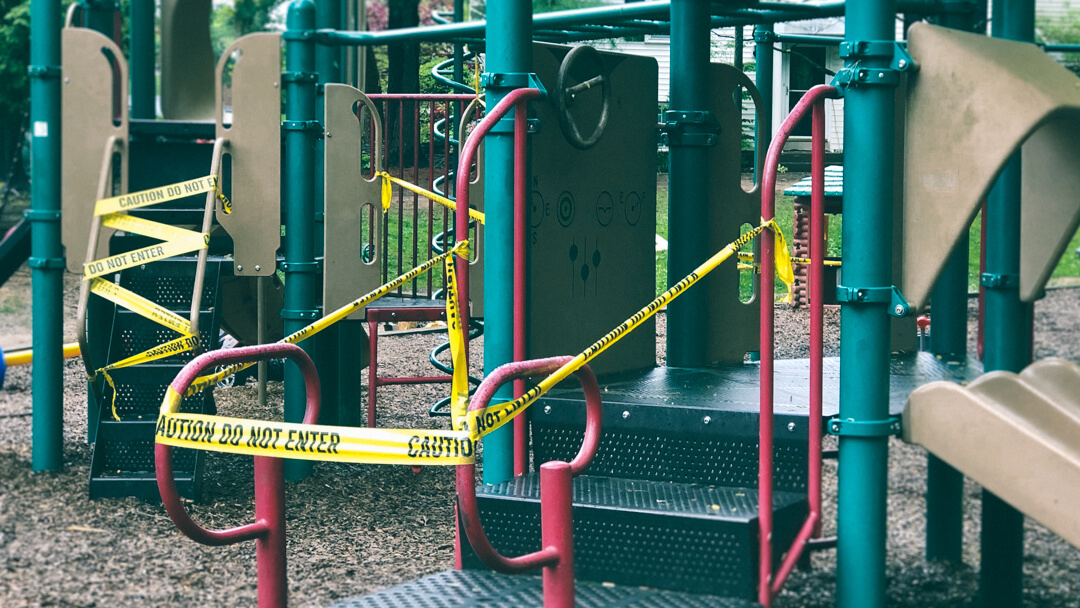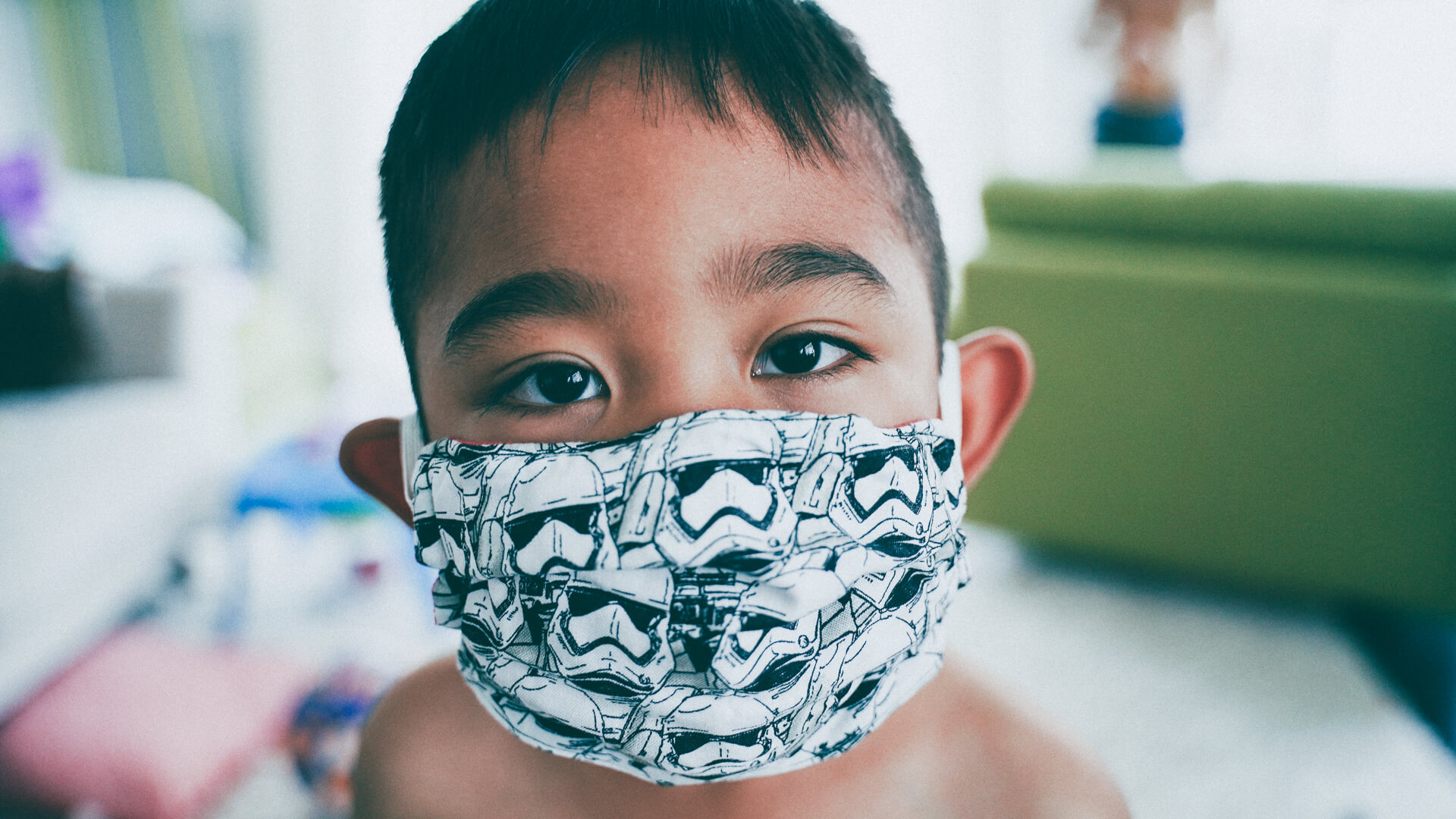
I woke up this morning feeling the weight of the knowledge that quarantine directives are being modified and extended through the summer. Many of us are asking ourselves, how will we get through this next phase of the crisis?
For me, the answer came quickly: We’ll get through it like we get through everything in life, one day at a time.
Life is giving us so many more challenges, stresses, and uncertainties right now. They seem so bitter and sour. Nevertheless, is it possible to make something good of them?
Preparation, Not Projection
When I project a month or two into the future, imagining my children’s summer opportunities slipping away, it’s almost too much to bear. There are indeed so many losses. I had to scale back this stressful projection and reflect on a single day: this one. What will we do as a family today?
We have a Zoom call with friends at 11:00 AM. We’ll spend the afternoon on a new art project. I have some writing to do. The kids have schoolwork. Later we’ll bake muffins. After dinner, we’ll take a walk as we do each night, and the kids will ride their bikes alongside us. We usually connect after our walks with music, tidying up, and a board game.
When you find yourself anxiously ruminating about the future, what goals and intentions could you set to bring you back to the day?
As I reflected on our family’s plans, I thought to myself, this isn’t bad. Actually it sounds like a great day. We’re together. We’re safe. We have our individual and family creative projects. We make the preparations that we can to meet our needs. Coming back into the present moment, I went from feeling burdened to hopeful, and dare I say, grateful.

Gratitude
The capacity for gratitude grows with shifts in mindset, perspective, and willingness. If we look for what’s wrong, inconvenient, frustrating, or stressful, we will find no shortage of evidence to support these emotional states. What we look for, we tend to see. What we focus on, expands.
If we change our lens and focus on the ways that we can stay safe, the opportunities for connection, and the time to work on projects that might otherwise be forgotten, then a different set of feelings can emerge.
Gratitude is a mindfulness practice. When we are present in our lives, we have an opportunity to look for, make, and appreciate things that are good. This isn’t about tricking ourselves or engaging in a form of denial. We can recognize both the challenges of being “stuck at home” and the gifts of being safe at home.
Connection
Over the past few weeks, my daughter has said to me a few times, “Mom, I’m bored.” As a therapist, I know that boredom is often a sign of disconnection. She might be feeling disconnected from the family, from her experience, or from herself. The solution to each one of these disconnections is presence.
As her mom, I sit down with her, making gentle eye contact, and hold a space of curiosity and empathy. What is my daughter needing most right now? We figure it out together. It’s usually some extra love and attention. Feeling more connected, she is off on her next adventure.
Repercussions
Some clients have asked me about the long-term effects on our kids after being quarantined for months on end. Will they experience trauma, and if so, what happens next? Many of us have heard the term PTSD, post-traumatic stress disorder, and wonder if it might somehow impact and affect our children.
It’s important to explore these questions.
My answer is that children absorb the emotional tone that the adults in their lives are emanating. As we practice good self-care, we can offer a steady and sturdy presence that helps our kids to grow emotionally healthy and strong. They may look back at this year and remember how much time they got to spend with their family, at a more natural and deliberate pace in a world that often feels frantic and disjointed.
People can emerge from physical and emotional adversities transformed in beautiful ways, as a new body of research on post-traumatic growth shows. After going through acutely challenging and stressful experiences, people report coming out on the other side with increased empathy, compassion, wisdom, humor, sensitivity, humility, and resilience.
I’m encouraged by this research and what I find in my practice because it reminds me that there’s value in getting through hard things. With the support of family and friends and, when needed, the assistance of mental health professionals, we can meet and overcome seemingly impossible challenges. Isn’t this a hallmark of the human spirit?

Time to Reflect
When we get out of the mindset that something is happening to me and into the belief that this is happening for me, a window of opportunity opens. With life throwing so much at us during this pandemic, ask yourself, “What is here before me right now? What can I do with it?”
I search for answers to such questions because it’s purposeful and meaningful for me to do so. It’s an on-going project. I’m reassured by an old observation that in crises there are opportunities: perhaps we can use what’s sour and acidic to make something sweet.
We know what we’re facing and will have to deal with for a while longer. Next week I’ll focus on the possibilities for good that our times present. Until then, I invite you to reflect on your own urgent questions and the answers that come to you.
